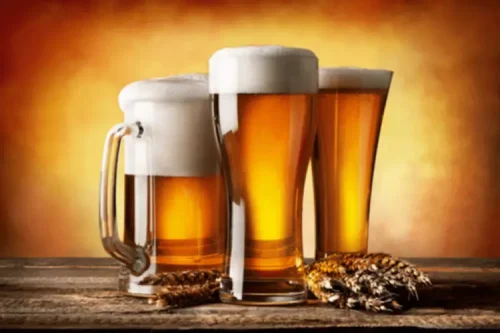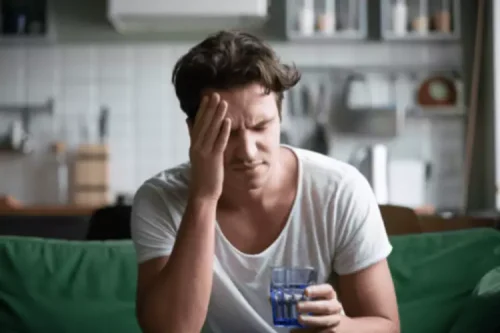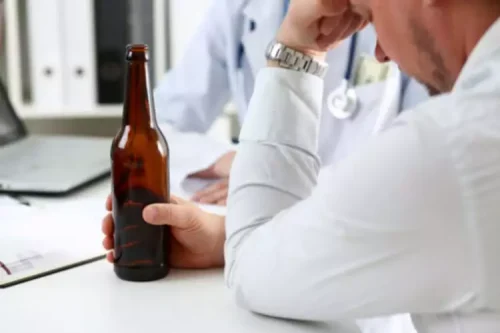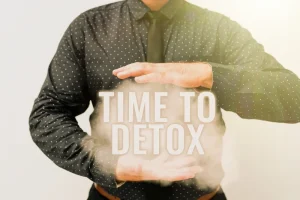
Let’s look at the most dehydrating drinks and discover what beverages you should drink to stay hydrated. You can also pair the listed drinks with plenty of water throughout the day to help you stay hydrated. It’s also worth considering how you’re feeling prior to drinking alcohol or caffeine as both could exacerbate existing conditions. “If you already suffer with anxiety then caffeine is likely to exacerbate this. In fact, there’s a recognised ‘caffeine induced anxiety’ disorder,” says Thornton-Wood.
- It is important to always consume in moderation and to seek care if you exceed your limits.
- Interestingly, studies have shown that people over 50 overcome the suppression of ADH from alcohol more quickly than their younger counterparts.
- However, due to how alcohol affects the production of ADH, you will still become dehydrated after drinking beer.
- Significantly high levels of caffeine intake may contribute to dehydration by stimulating the body to release more liquid than usual.
- However, if you have frequent hangovers that interfere with daily life, consider seeing a doctor to evaluate whether you might have alcoholism.
- Unless you drink more water to replenish what you’ve lost, it can lead to dehydration.
Drink more water
Consuming one beer leads to a 62% increase in urine produced compared to having a glass of water. Contrary to popular belief, alternating alcoholic drinks and water will not help you avoid dehydration. But you can certainly ensure you are as hydrated as possible before consuming alcohol. You can also drink water before you go to bed to help replenish hydration levels. However, alcohol’s dehydrating effects will be somewhat reduced in some of the “lighter” alcoholic drinks. Alcohol dehydrates you, and it’s crucial to drink plenty of water and replenish electrolytes after consuming alcoholic beverages to restore optimal fluid balance.

How long does it take to rehydrate your body after drinking alcohol?
The above arrhythmias may be due to underlying structural heart conditions like damage from a prior heart attack or cardiomyopathy (enlarged or thickened heart muscle). Another way to make hydration more enjoyable is by investing in a nice water bottle. If you enjoy using it, you’re more likely to keep it beside you and take regular sips.
- Herbal teas, such as chamomile or peppermint, are hydrating and soothing.
- Again, instead of drinking large quantities of water all at once, you may want to sip on fluids throughout the day as it may be easier for your body to handle.
- It is essential to be aware of these factors and take steps to mitigate the risks.
Alcohol and caffeine affect sleep
- You can stay hydrated and prevent dehydration by finding enjoyable ways to consume adequate fluids and increasing your intake of foods with a high water content.
- You can also make a habit of drinking whenever you’re with people.
- This makes speech and coordination — think reaction time and balance — more difficult.
Fruit juice and smoothies are typically high in sugar, so the the Eatwell Guide recommends drinking no more than one small glass (150ml) per day with a meal. Drinks can be high in calories, for example, fruit juice, sugary fizzy drinks and energy drinks. So if you swap your sugary drinks for water, this can help you to lower your overall energy intake, which is important for weight loss. If a person is already malnourished due to alcoholism, they may develop alcoholic ketoacidosis. This can occur as soon as one day after a drinking binge, depending on nutritional status, overall health status, and the amount of alcohol consumed.

Heart palpitations are uncomfortable sensations caused by the heart beating. The heart may feel like it’s beating rapidly, slowly, or irregularly. Palpitations may come on suddenly or gradually, lasting from seconds to hours or even days. Unlike food, which can take hours to digest, the body absorbs alcohol quickly — long before most other nutrients. And it takes a lot more time for the body to get rid of alcohol. If you think that someone has alcohol poisoning, get medical attention right away.
Knowing and listening to your own body is the best way to prevent a hydration mishap — or really, any medical mishap. Just because your friends are taking that extra tequila shot doesn’t mean you have to. Alcohol withdrawal can be difficult and, in some cases, life threatening. Depending on how often you drink and how much, you may need support from a healthcare professional if you want to stop drinking. Drinking alcohol on a regular basis can also lead to dependence, which means your body and brain have grown used to alcohol’s effects.

- Let’s find out and get a little background on why alcohol dehydrates you in the first place.
- Reducing your alcohol consumption overhaul will help you avoid some of the bigger health risks from long-term dehydration and drinking.
- “The half-life for caffeine clearance can range from 1.5 – 9.5 hours!
Electrolyte imbalances from dehydration can also trigger heart palpitations. Alcohol suppresses a hormone produced by the brain called vasopressin, which tells the kidneys to retain fluid. Instead of retaining fluid, does alcohol dehydrate you the body will increase urination and lose fluids. This can cause symptoms of dehydration such as thirst, fatigue, and headache. Dehydration occurs when there is an imbalance between fluid intake and fluid loss.

What does it mean to drink in moderation?
Food intake:





Add comment